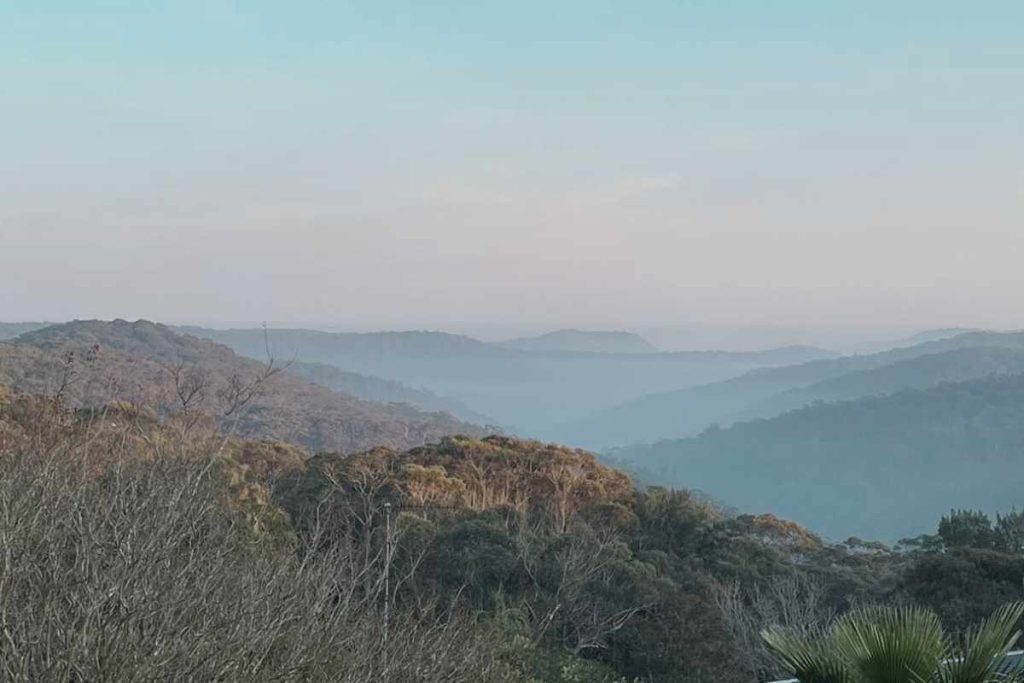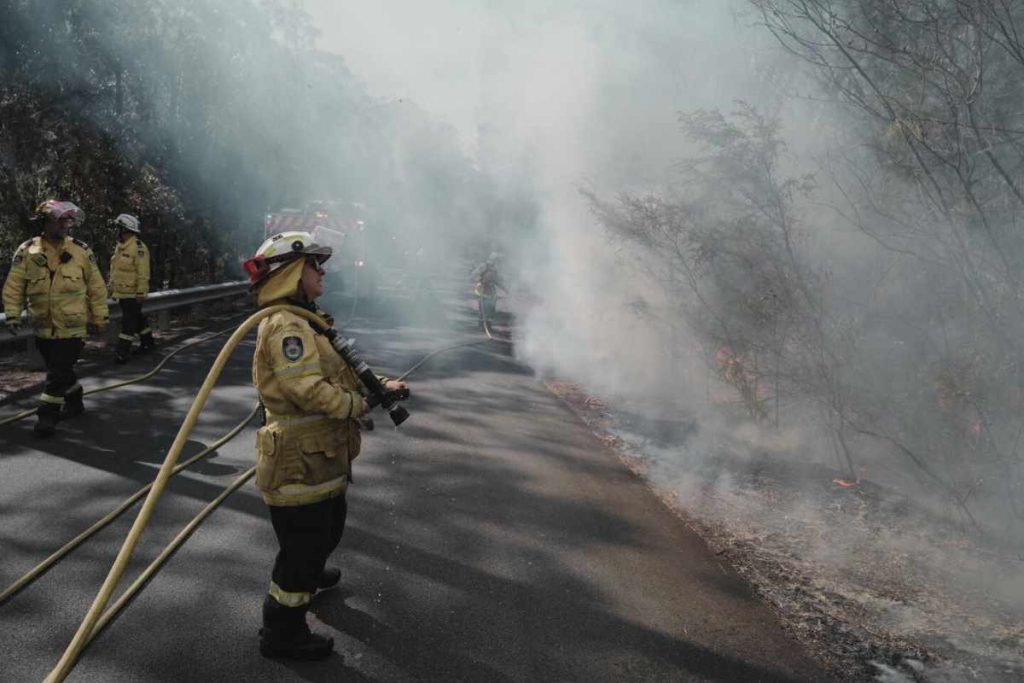Sydney smoke haze; must-have tips on how to protect pets
September 12, 2023
With the Sydney smoke haze set to continue this week, pet and livestock owners are urged to be vigilant and keep their animals safe from the smoky conditions.

Most of Sydney and surrounding towns have woken to a thick haze every day this week because of hazard reduction burns taking place.
While the reduction burns have now been put on hold for 48 hours because of the smoke haze it has caused, e are being warned the smoke will likely be back and could stick around for a while.
Although necessary, the burns have led to a significant dip in air quality across the city, prompting officials to issue warnings for residents.
But as these warnings frequently address concerns for humans, particularly those with respiratory conditions, it’s essential to consider our pets’ well-being too.


Pets can suffer from smoke haze just as humans can
Pet and livestock owners are being strongly advised to take notice of the warnings to ensure their pets don’t suffer from the current smoke in Sydney and surrounding areas.
The smoke haze poses health risks not only to humans but also to animals.
Wildlife, livestock, and pets, especially certain dog breeds, are more susceptible to respiratory issues and other health complications.
It is crucial for pet owners and animal caretakers to monitor their animals closely, provide appropriate shelter, and seek veterinary assistance if needed.
Additionally, taking preventive measures, such as keeping animals indoors and minimising outdoor activities, can help mitigate the impact of the smoke haze on their health.
Sydney veterinarian Dr Kathy Mepstead says pet health is at risk by the smoke also.
She says whenever humans should stay indoors due to poor air quality, pets should too.
“Many of our beloved fur babies can have underlying lung problems that are made worse by smoke haze and even cigarette smoke,” says Dr Kathy.
“When you think of how much panting your doggo does on a walk or at the park, imagine all those little particles irritating his airways.”


How smoke haze can affect pet health
Respiratory irritation Just like humans, pets can experience irritation in their respiratory tracts due to smoke particles. Coughing, wheezing, or laboured breathing are signs that your pet might be affected.
Eye irritation Red, watery, or squinty eyes can indicate that smoke is affecting your pet.
Reduced immunity Prolonged exposure to poor air quality can weaken the immune system, making pets more susceptible to diseases.
Aggravation of existing conditions Pets with pre-existing conditions like asthma can have their symptoms exacerbated by the smoke.


Dr Kathy says that there’s many indoor activities owners can do to stop the boredom setting in and keep their pets entertained.
“Take the time do teach them some tricks, using their regular diet as rewards,” she says.
“Hide food and encourage them to find it or look for some stimulating toys or games.
“They will love your attention!”
While it’s mostly about taking precautionary measures, Dr Kathy urges anyone who notices their pets might be suffering the affects of the smoke to seek urgent treatment.
“Above all if you think they are experiencing any distress, excessive coughing , wheezing or effort in breathing, please seek Veterinary advice without delay.”

Which animals are most at risk?
While all owners should take precautions, some animals are more susceptible to health issues from smoke.
Pets Dogs and cats, along with other pets, are vulnerable to the Sydney smoke haze. They may exhibit symptoms such as coughing, sneezing, watery eyes, and difficulty breathing. Pets with pre-existing respiratory conditions, such as asthma or bronchitis, are particularly at risk. It is crucial to monitor their health closely and seek veterinary care if necessary.
Toy and Small Breeds Toy and small dog breeds, such as Chihuahuas, Yorkshire Terriers, and Shih Tzus, may also be more susceptible to the smoke haze.
Their small airways make them more prone to respiratory problems, and the smoke can further compromise their breathing.
Brachycephalic breeds Dogs and cats with shorter noses like bulldogs, pugs, and Persian cats are more susceptible because they have smaller airways and often already face breathing difficulties.
Senior Dogs Older dogs, regardless of breed, are generally more susceptible to respiratory issues.
Their weakened immune systems and age-related health conditions make them more vulnerable to the effects of the smoke haze.
Extra care should be taken to ensure their well-being during this period.
Livestock Farm animals, such as cattle, sheep, and horses, are also at risk due to the smoke haze.
These animals may experience respiratory issues, reduced appetite, and stress.
Farmers should ensure adequate ventilation in barns and provide clean water and feed to minimise the impact on their livestock.
Birds Birds have highly sensitive respiratory systems, making them particularly vulnerable to smoke and poor air quality.
Small mammals Creatures like guinea pigs, rabbits, and hamsters have delicate respiratory systems and should stay indoors during haze events.
Elderly or very young pets Just like in humans, age can play a factor.
Older pets or very young ones might have weaker immune systems or undeveloped lungs, making them more vulnerable.
IMPORTANT If you find wildlife in distress, contact Wires for advice on how to help.
READ MORE FROM ANIMAL FRIENDLY LIFE
https://animalfriendlylife.com.au/senior-pet-care/
